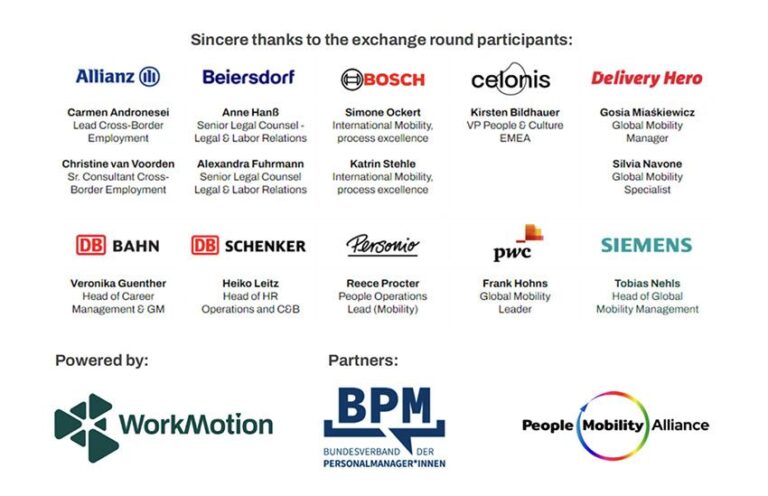Nearly 60% of German companies anticipate that a prospective trade agreement between the European Union and the United States will impose greater burdens on their operations, according to a recent survey conducted by the German Chamber of Commerce and Industry (DIHK). The findings, reported by Reuters, highlight growing concerns among businesses about the potential regulatory and economic impacts of the transatlantic deal, underscoring the complex challenges faced by firms navigating evolving international trade landscapes.
Economic Impact of EU US Trade Deal Raises Concerns Among German Businesses
Recent findings by the German Chambers of Industry and Commerce (DIHK) reveal growing apprehension among German businesses regarding the implications of the ongoing EU-US trade negotiations. Nearly 60% of surveyed firms anticipate that the deal will introduce additional operational burdens rather than offering relief or new opportunities. Concerns largely focus on increased compliance costs, regulatory divergence, and potential disruptions in supply chains. Many companies fear that aligning with transatlantic standards could demand extensive adjustments, impacting both small and large enterprises across multiple sectors.
Key areas of apprehension include:
- Customs and tariff complexities: Firms expect new layers of bureaucracy, leading to slower cross-border transactions.
- Regulatory hurdles: Diverging environmental and safety standards may require costly product modifications.
- Market volatility: Uncertainty around trade rules could dampen investment and strategic planning.
| Concern | Percentage of Firms Affected |
|---|---|
| Compliance Costs | 55% |
| Supply Chain Disruption | 48% |
| Investment Uncertainty | 42% |
Key Challenges Identified by Firms Facing Increased Regulatory and Financial Strain
Companies across Germany are grappling with mounting pressures as heightened regulatory frameworks and financial demands loom on the horizon. Firms cite compliance costs rising sharply due to complex new rules stemming from the anticipated EU-US trade agreement. Particularly, small and medium-sized enterprises (SMEs) are bracing for strained resources, with supply chains growing more cumbersome and administrative burdens intensifying. The need to adapt swiftly to an evolving legal landscape has forced many to allocate significant capital and personnel towards navigating these regulatory hurdles, impacting operational efficiencies and profitability.
Among the primary concerns, business leaders highlight:
- Increased Cost of Compliance: New reporting requirements and certification processes inflate operational expenses.
- Financial Strain: Firms anticipate tighter cash flows as investment in compliance reduces funds available for growth and innovation.
- Supply Chain Disruptions: Cross-border procedural complexities introduce delays, affecting delivery timelines and customer satisfaction.
- Competitive Disadvantages: Smaller firms fear being outpaced by larger multinational players better equipped to absorb regulatory costs.
| Challenge | Impact Level | Firm Size Most Affected |
|---|---|---|
| Cost of Compliance | High | SMEs |
| Financial Liquidity | Moderate | All |
| Longer Lead Times | High | Manufacturing |
| Competitive Pressure | High | Small Firms |
Strategies for German Companies to Navigate Potential Burdens from New Transatlantic Agreement
To mitigate the anticipated challenges stemming from the new EU-US agreement, German companies are adopting multifaceted approaches aimed at safeguarding competitiveness. A key strategy involves diversifying supply chains outside of traditional US-EU corridors to reduce exposure to potential regulatory and cost fluctuations. Additionally, firms are ramping up investments in digital compliance tools that streamline adherence to evolving standards, minimizing administrative burdens. Strategic partnerships with American counterparts are also gaining traction, fostering smoother operational integration and knowledge exchange.
Moreover, businesses emphasize the importance of proactive dialogue with policymakers to influence ongoing regulatory refinement. The following list outlines the most prominent tactics currently employed:
- Enhancing cross-border legal expertise to interpret and adapt to new rules quickly
- Leveraging government support programs to offset adjustment costs
- Increasing flexibility in contract terms to accommodate trade uncertainties
- Promoting innovation to improve product standards and appeal in both markets
| Strategy | Purpose | Expected Impact |
|---|---|---|
| Diversified Supply Chains | Reduce dependency on US-EU trade routes | Lower risk of disruption |
| Digital Compliance Tools | Simplify regulatory adherence | Cut operational costs |
| Policy Engagement | Shape favorable regulatory environment | Enhanced predictability |
| Innovation Promotion | Boost competitiveness | Market growth opportunities |
The Way Forward
As negotiations between the European Union and the United States continue, the concerns voiced by a majority of German firms underscore the complexities and challenges ahead. With nearly 60% anticipating increased burdens from a potential deal, policymakers will need to carefully balance economic integration with the practical realities faced by businesses. The outcome of these discussions will be closely watched by industry leaders and stakeholders across both sides of the Atlantic, as they seek clarity on the future trade landscape.




